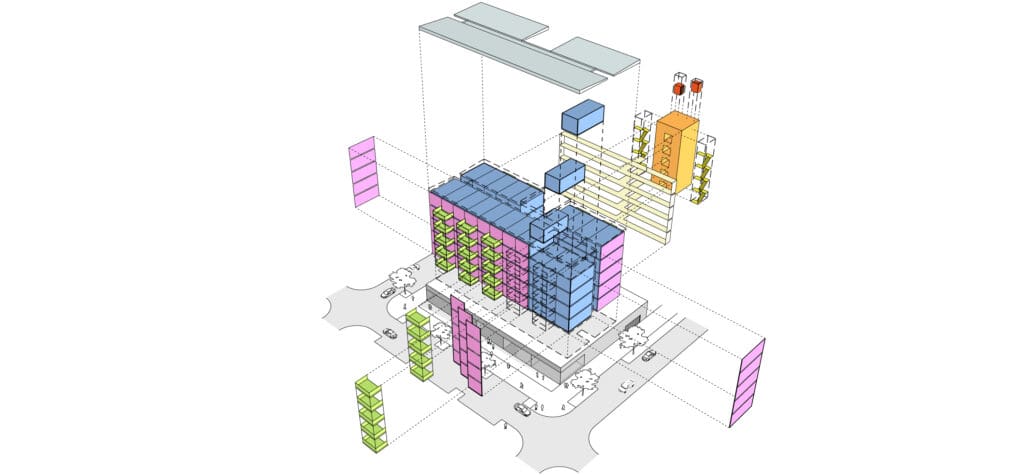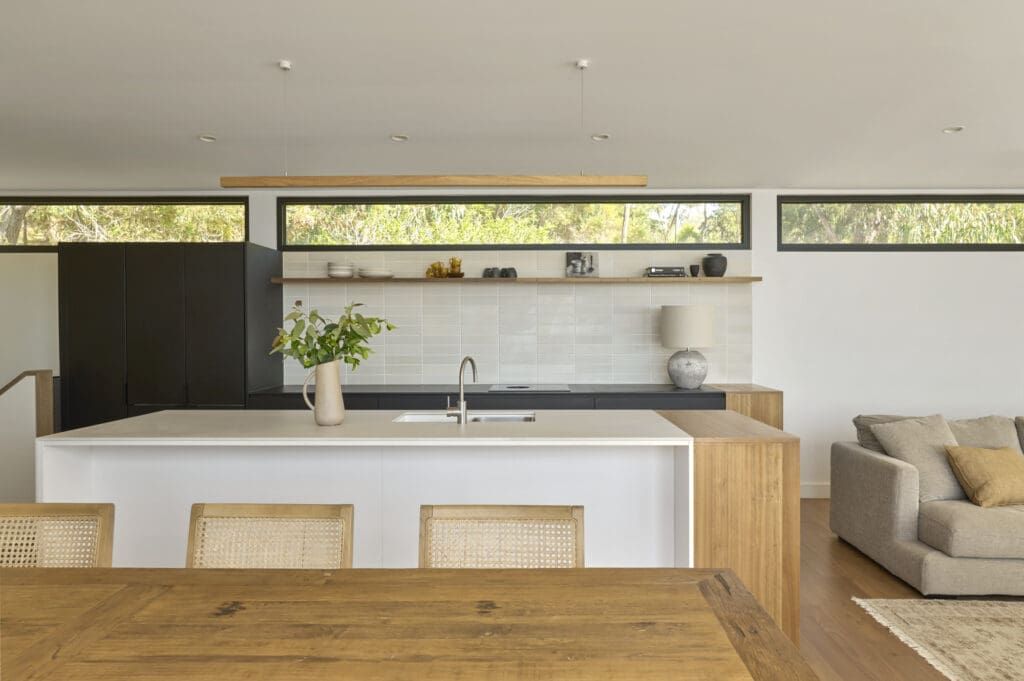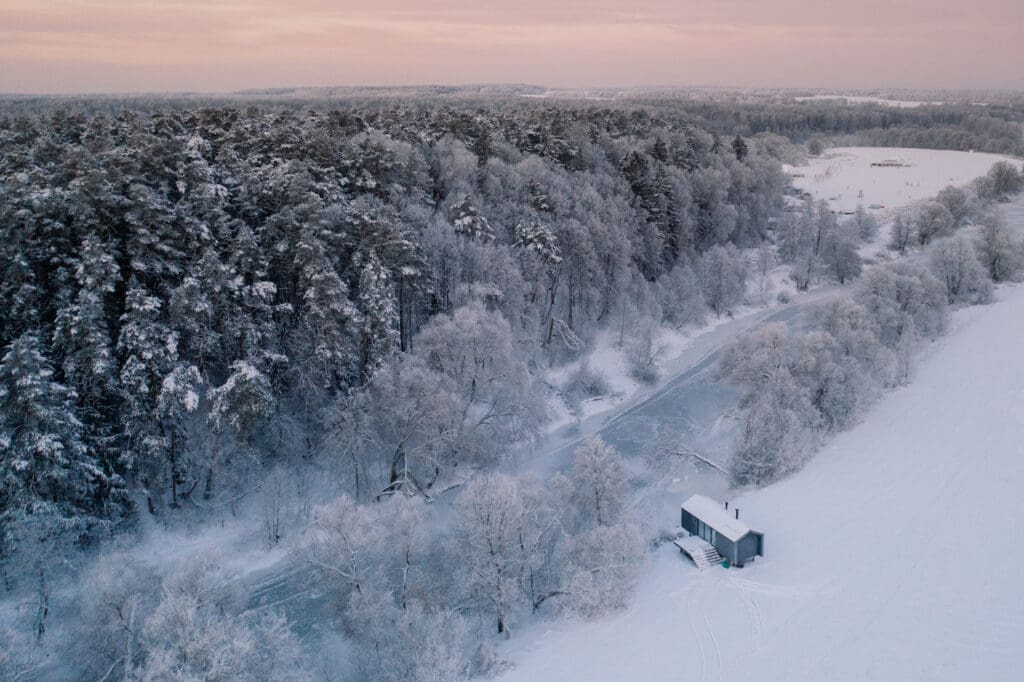Embracing Modular Construction: An Ideal Solution For Rural Areas

Australia’s vastness often poses challenges in sourcing adequate resources for essential infrastructure projects – particularly in rural areas. Modular and off-site construction presents an innovative solution to these challenges, offering several advantages over traditional constructions methods. Using our Rural Doctors/Key Worker Accommodation project, we explore how modular construction is an ideal solution for rural communities, addressing their unique challenges and providing sustainable, cost-effective, and efficient building solutions.
Central Management
One of the biggest challenges of rural projects with multiple sites is resource allocation. Building the modules offsite eliminates a large aspect of this and allows the project to be centrally managed. For the Rural Doctors/Key Worker Accommodation, Modscape coordinated the distribution of modules, materials, equipment, and labour to different rural sites based on their specific needs and construction timelines.
Rural projects often face logistical challenges due to remote locations and limited infrastructure. Off-site prefabrication addresses these challenges by planning and managing the transportation of modules from the factory to the various rural sites. This includes coordinating logistics, such as arranging suitable transportation methods, optimising delivery routes, and addressing any potential logistical constraints.
Time-Efficiency
In rural areas, where access to quality infrastructure can be a challenge, time is of the essence. Modular construction offers a time-efficient alternative to traditional construction methods. The prefabrication process allows for simultaneous work at different stages. While site preparation takes place, building components are being manufactured off-site, significantly reducing construction timelines. This accelerated construction schedule not only ensures faster project completion but also minimises disruptions to the local community and reduces the overall construction-related inconveniences. Modscape was able to optimise the programme for Rural Doctors/Key Worker Accommodation to ensure the site works and module delivery were happening harmoniously. We constructed 8 modules at a time, in a time frame of 5 weeks. Each accommodation module only took 5 weeks in the factory with up to 10 units being manufactured at the same time.
Sustainable Building Practices
Sustainability is a crucial aspect of rural development. Modular construction aligns with sustainable building practices by minimising waste, reducing energy consumption, and employing eco-friendly materials. The controlled manufacturing environment enables efficient resource management and waste reduction.
Improved Quality and Durability
Modular construction emphasizes stringent quality control processes due to the standardised nature of building components. Factory-based production ensures that materials are used efficiently and undergo thorough inspections, resulting in higher quality and durability. This is particularly beneficial in rural areas where harsh climatic conditions and limited access to skilled labour can pose challenges to the longevity of traditional structures. Modular buildings are designed to withstand diverse environmental conditions, making them a reliable choice for rural communities.
Modular construction offers a transformative approach to rural infrastructure, addressing the unique challenges faced by these communities. Embracing this innovative method can catalyse positive change, empowering rural communities with better infrastructure, educational facilities, healthcare centres, and housing options. As we look towards a future where rural areas thrive, modular construction stands as an ideal solution to drive progress, fostering sustainable and inclusive development.




